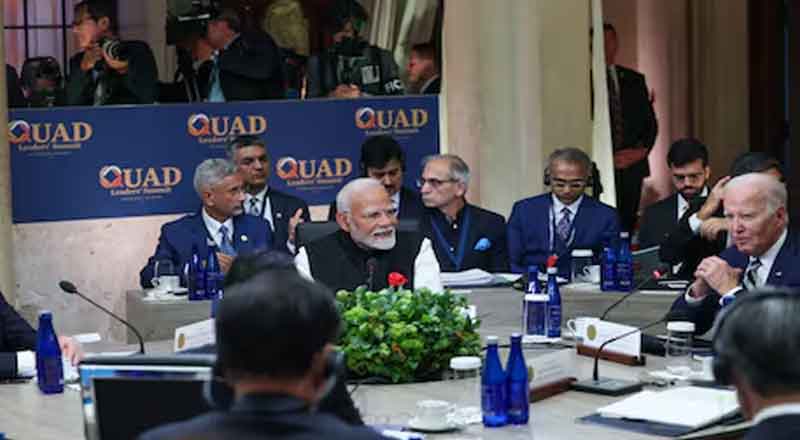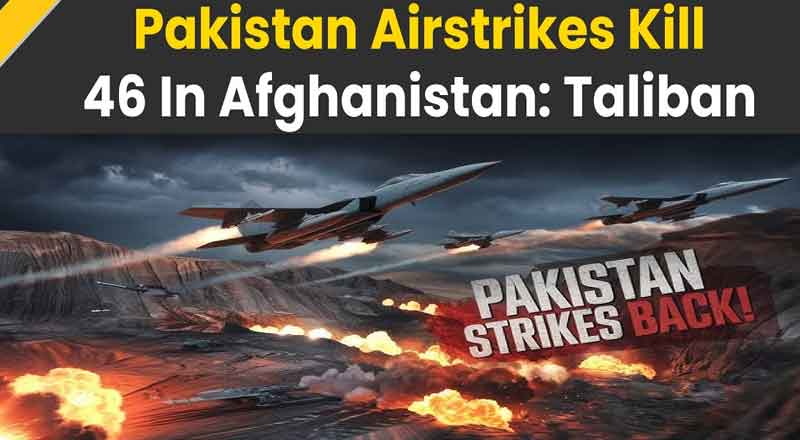India has long sought permanent membership in the United Nations Security Council (UNSC), advocating that its position as an emerging global power justifies a seat at the highest decision-making table. Recent endorsements from prominent global leaders, including UK Prime Minister Keir Starmer, US President Joe Biden, and French President Emmanuel Macron, have reignited the debate, giving India’s bid a significant boost. However, several key challenges, both diplomatic and geopolitical, remain on its path to securing a permanent seat.
Global Support for India’s Bid
India’s claim to a permanent UNSC seat is backed by various international players who argue that the current composition of the council is outdated. The UNSC comprises five permanent members—Russia, the UK, China, France, and the United States—who possess veto power, alongside ten non-permanent members elected for two-year terms. Over the years, this structure has been criticized for failing to reflect contemporary geopolitical realities, particularly as emerging nations like India, Brazil, and others have gained influence.
UK Prime Minister Keir Starmer, addressing the United Nations General Assembly (UNGA) in New York, stated that the UNSC needs to evolve into a more representative body. He supported the inclusion of countries like India, Brazil, Japan, and Germany as permanent members, advocating for an expanded and more equitable council. Starmer’s support aligns with similar endorsements from French President Emmanuel Macron and US President Joe Biden, both of whom have recently voiced their approval for India’s membership.
President Macron emphasized the need for the UNSC to become more effective and representative, specifically citing the inclusion of India, Brazil, Germany, Japan, and two African nations. President Biden echoed similar sentiments during talks with Indian Prime Minister Narendra Modi, reinforcing the US commitment to reform global institutions, including the UNSC, to accommodate India’s growing role on the world stage.
India’s Long-Standing Argument
India has consistently argued that the UNSC, established in 1945, does not reflect the geopolitical landscape of the 21st century. With its population size, economic power, and growing global influence, India believes it is more than qualified to assume a permanent seat. The country has also underscored its contributions to global peacekeeping efforts, international diplomacy, and its role in addressing critical global issues like climate change.
India last held a non-permanent seat at the UNSC during the 2021-2022 term, where it advocated for reform and a broader, more inclusive council. The Indian government maintains that the UNSC, in its current form, lacks the credibility needed to address modern global challenges effectively. This argument has gained traction in recent years, especially with support from major global players.
The Obstacles to India’s Bid
Despite broad international support, several obstacles remain in India’s quest for a permanent UNSC seat.
China’s Opposition
Among the five permanent members, China remains the most significant obstacle to India’s inclusion. While the US, UK, France, and Russia have supported India’s bid in principle, China, a regional competitor, has consistently blocked any move to reform the council in favor of India. China is the only Asian country with a permanent seat, and it is unlikely to endorse India’s membership given the two nations’ long-standing border disputes and strategic competition.
Additionally, China’s unease extends to Japan, another strong contender for a permanent seat. While Beijing has hinted at the possibility of supporting India’s bid if it distances itself from Japan, New Delhi has refused to compromise on the unity of the G-4 group (Brazil, Germany, India, and Japan), which collectively advocates for permanent UNSC seats.
The Veto Power Debate
A central issue in the debate over UNSC reform is whether new permanent members, including India, should have veto power. Several groups, most notably the Uniting for Consensus (UfC) coalition, which includes countries like Italy, Canada, Mexico, Pakistan, and South Korea, have opposed extending veto power to new members. They argue that expanding non-permanent membership would make the UNSC more representative without concentrating power in the hands of a few nations.
India, however, insists that any new permanent members should be granted veto power. The veto is a critical component of the UNSC’s decision-making process, and India has made it clear that it would not accept a permanent seat without it. The debate over veto power is likely to be a significant sticking point in any future negotiations on council reform.
US Concerns Over India’s Alignment
While the US supports India’s bid for a permanent seat, there are concerns about whether India will align with American priorities in global decision-making. India has historically maintained an independent foreign policy, and its recent stance on issues like the Russia-Ukraine conflict, where it chose to abstain from voting against Russia at the UN, has raised eyebrows in Washington.
Prominent US-based analysts have argued that India’s strategic autonomy might complicate its partnership with the West on key global issues. While India has deepened its ties with the US and other Western nations in recent years, its reluctance to criticize Russia has led to questions about its reliability as a strategic partner in the West’s broader geopolitical agenda.
Regional Challenges
India’s bid for a permanent UNSC seat is also complicated by regional tensions, particularly with Pakistan and China. The longstanding rivalry with Pakistan, which opposes India’s UNSC aspirations, continues to be a thorn in New Delhi’s side. Additionally, India’s leadership role in South Asia is contested, with countries like Nepal, Bangladesh, and Sri Lanka occasionally voicing reservations about India’s regional ambitions.
In conclusion, India’s quest for a permanent seat at the UNSC has gained considerable momentum in recent years, thanks to strong endorsements from global powers. However, several significant challenges remain, including opposition from China, disagreements over veto power, and concerns about India’s alignment with Western interests. As the debate over UNSC reform continues, India’s position as a key player in global geopolitics remains undeniable, and its bid for a permanent seat is likely to be a focal point in future discussions on international governance.
(With inputs from agencies)





